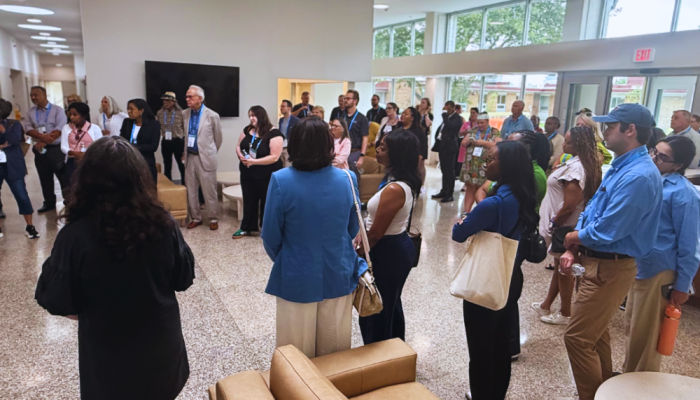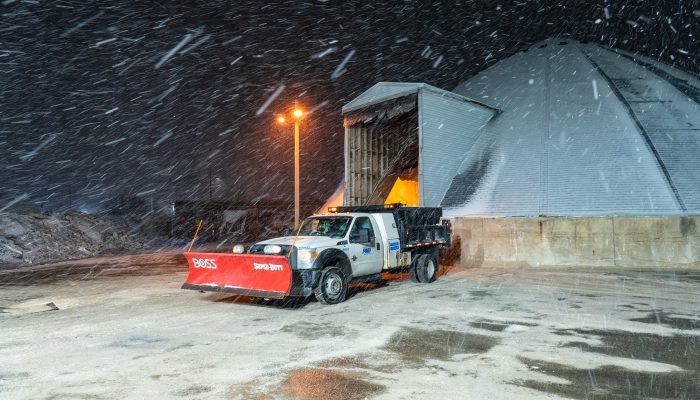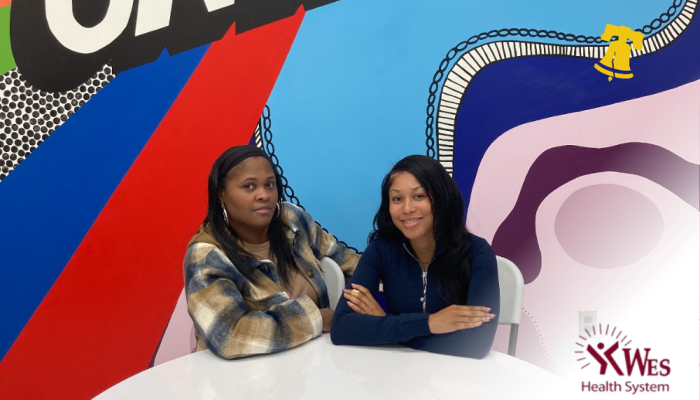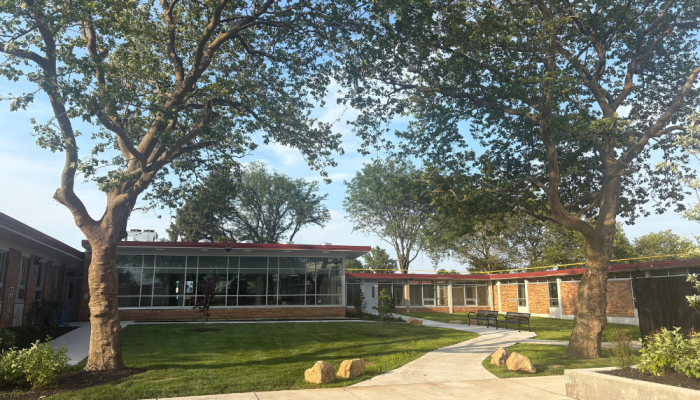This July, the National Association of Counties (NACo) held its annual conference in Philadelphia. It welcomed over 3,000 attendees. Policymakers from all over the country came together to discuss key topics. They focused on how federal policies impact counties and shared successful strategies from other communities. Many Philadelphia leaders attended the conference. They showcased projects such as Riverview Wellness Village which aims to enhance the health and well-being of the city’s residents struggling with homelessness and substance use disorder.
On July 14, 2025, the Philadelphia Office of Community Wellness and Recovery invited NACo leaders to tour Riverview’s 20-acre campus. More than 50 attendees from 30 counties joined this event. These leaders represented states from Michigan to Ohio to Texas, and even Hawaii. Attendees joined Executive Director Isabel McDevitt for a guided tour. They also had a meaningful discussion with Keli McLoyd, who leads the Opioid Response Unit. Keli serves on the NACo Opioid Solutions Leadership Network.
Riverview Wellness Village offers a unique approach. It combines housing, recovery support, primary care, and options for economic stability. NACo guests found the information session especially engaging. The session highlighted the work of the Parker Administration and its development of a full continuum of resources and interventions to address the interconnected challenges of homelessness and substance use disorder.
“We got a ton of interest in this event,” said Annie Qing, Senior Program Manager, Substance Use Disorder, NACo. “I think it was a much-needed opportunity for county leaders to reflect on what recovery services could look like in their home jurisdictions.”
Since January 2024, the Parker Administration has worked to develop a model for how communities can more effectively and intentionally address the needs of people experiencing homelessness and substance use disorders. Philadelphia is leading the way for the nation. It combines street-level help with long-term housing and recovery support through a multi-agency effort.
Many attendees shared concerns about the lack of political will and funding for new models. However, they also noted similar needs in their own communities. These communities, close to the City, want to revisit and learn more about the facility and the City’s Wellness Ecosystem Initiative.
“I was really impressed by what I saw,” said Aubrey D’Angelo, Policy Assistant, Montgomery County Commissioners’ Office. “Speaking to our Board of Commissioners about your project, they expressed interest in coming to tour the facility themselves in the future.”
Isabel McDevitt noted that the Riverview Wellness Village project is made possible by teamwork across City agencies. This includes coordination, policy, and funding efforts. The project is efficient because it leverages an existing City asset and contracts with leading non-profit providers. It also uses Opioid Settlement dollars to fund operations and offers services that Medicaid reimburses.
Philadelphia and other communities are working hard to combat homelessness and substance use disorder. Riverview Wellness Village offers a real solution. Philadelphia looks forward to sharing its Wellness Ecosystem Initiative blueprint with leaders nationwide.
We thank NACO for the opportunity to showcase our model.




